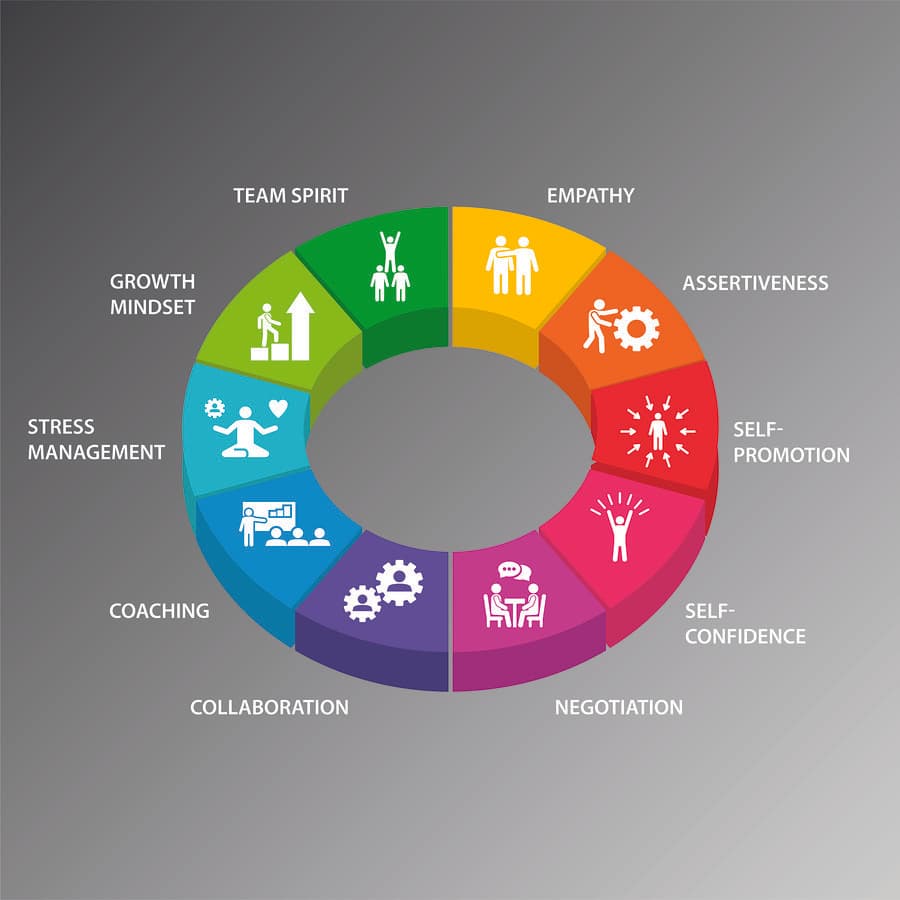As a talent acquisition professional, you’re at the frontline of business. You must readily respond to current demands and external influences to future-proof your workforce for known (and unknown) threats and opportunities. It’s a tough job that’s now even harder due to the current coronavirus pandemic.
We’ll likely feel post-pandemic ramifications for months and years to come, all of which will require a shift in the way we resource and hire workers. There will be short-term trends to address, like an increase in unemployed people and available talent. There will also be long-term developments to consider, including the shift toward remote work, virtual recruiting, and reduced budgets. There will be a new normal.
Soft Skills Gain Importance
Even before the current crisis, businesses had been underscoring the increasing importance of soft skills such as leadership, team-building, and communication. In fact, 91% of talent professionals already agreed that soft skills are very important to the future of recruiting.
In other words, the new normal was already taking shape as many companies were already focusing on soft skills. Today’s pandemic merely brought the future into the present more quickly. As employers struggle to redefine existing job responsibilities to preserve those jobs and remain competitive, and as other companies seek to hire recently unemployed people from other fields, transferable soft skills have become extremely important hiring criteria.
Yet unlike hard skills, like coding and data analysis, for which you can test more easily, soft skills are more difficult to assess. There’s a degree of gut instinct and experience involved. However, you can better evaluate candidates for soft skills by asking them to cite examples of when they’ve demonstrated such abilities.
Global e-commerce company Komplett understood this when it overhauled its recruitment process to find candidates with gaming experience. Why gaming experience? Because skills that people often develop through gaming, such as focus, teamwork, and multi-tasking, translate well into e-commerce. Consequently, as part of its new recruitment process, the company asked candidates if they played video games (and the type played), which then fed into the hiring manager’s decision-making. As a result, Komplett now has a more agile and multi-tasking workforce, particularly within its customer support and leadership functions.
Focus on Redeployment
Gauging a candidate’s potential and long-term value to an organization will be particularly critical in the coming months. As companies will undoubtedly cut budgets, and as we eventually begin the long road to economic recovery, talent acquisition will have to hire smartly. This will entail an emphasis on redeployment, which will mean that recruiters will have to sift through many more candidates to understand the new contexts in which to apply people’s skills.
This is already happening on a limited scale. In the United Kingdom, Virgin Atlantic is redeploying cabin crew as assistants for the new NHS Nightingale field hospital. These workers are already first-aid trained, used to working through the night, fit, and have security clearance, making them ideal candidates for the roles. Expect to see more examples of cross-industry career shifts in the coming years, as the travel, hospitality, and catering industries have been especially decimated by the global shutdown.
Similarly, recruiters are likely to see their own roles evolve in the near future to become facilitators for greater internal mobility. It’s therefore important to understand the skills data of your current workforce so that you can better align people with and develop them for the right roles and projects within your organization — both today and tomorrow.
